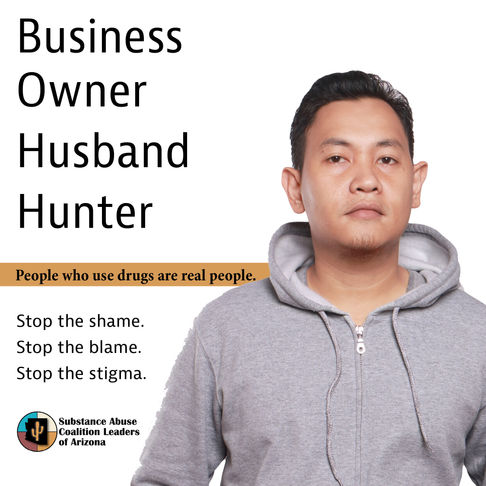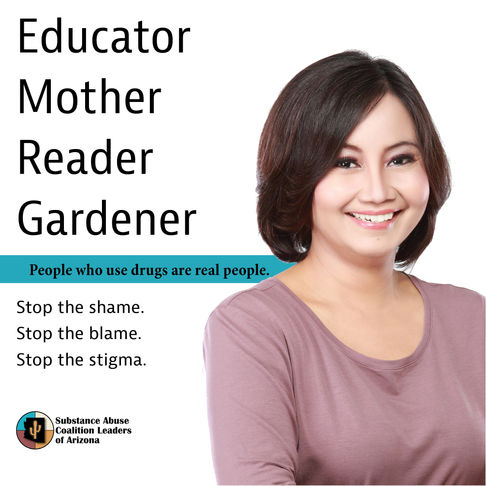
Stigma
Stigma disproportionately influences health outcomes and mental well-being for individuals with mental health or substance use disorder (SUD). Fear of being judged and/or discriminated against can prevent people from getting the help they need. Stigma is complex due to various societal and research definitions, including the fact that it comes in many different forms. Stigma is not limited to one setting or condition; rather, it is cross-cutting in all communities and populations.

Every individual deserves to be treated with dignity and respect—regardless of the situation they are struggling with. Be the voice of equality, acceptance, and respect, use person first language
What is Stigma?
Stigma is a mark of disgrace associated with a particular circumstance, quality, or person. This can look like...
Labeling
Social
Exclusion
Stereotyping
Discrimination

What Can YOU Do?
01
Self-reflect on personal bias, assumptions, and judgements
03
Be aware of how you are perceived active listening
02
Have an open attitude to diverse ideas, and perspectives
04
Understand the uniqueness within each culture
Language Matters
Use affirmative language to inspire hope and recovery. There are a lot of stigmatizing words that are common in our day-to-day language.

Real Stories.
Real Families.
Real Danger.














